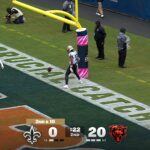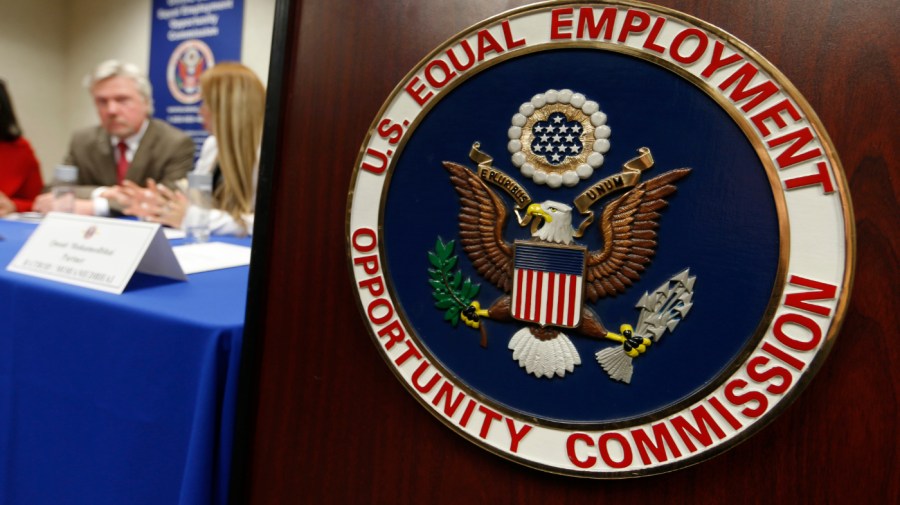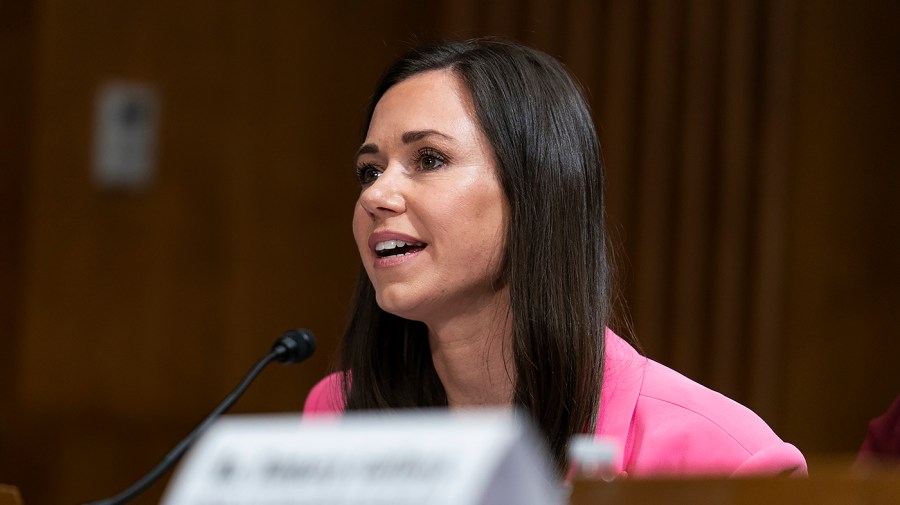Even as the government shutdown stalls work in Washington, D.C., the Equal Employment Opportunity Commission is taking additional steps to undermine its mission.
The primary federal agency charged by Congress with enforcing the federal employment discrimination laws recently made it easier for employers to discriminate against workers, according to a new internal memo, reported but not yet publicly released.
Since 1971, federal law prohibiting employment discrimination (as interpreted by the Supreme Court) has required employers to use hiring practices which accurately measure job applicants’ ability to do the job. This is to avoid barring people from jobs because of irrelevant characteristics such as their race or gender, even if such exclusion was not intended.
Referred to as the “disparate impact” rule, it enables workers to challenge employment practices that disproportionately exclude groups of people based on race, gender, or other protected, non-job-related characteristics, where those are not valid measures of who can do the job.
In short, it means that arbitrary hurdles for job applicants have historically been eliminated, and when they haven’t, workers have been able to bring a discrimination claim. That means the job market has a more level playing field for everyone.
For example, let’s say a job posting for a retail or entry-level administrative job requires job applicants to have a college degree. That college degree is likely not necessary to do the job, but workers without one are disproportionately denied the opportunity to be considered. Such workers would have the ability to bring a disparate impact claim against that company.
It’s not just about hiring. Employers who set pay for a position based on what people earned in their prior job — not on the value of the work being done — can also face disparate impact claims and be required to show that prior pay accurately differentiates the value of employees’ current work.
In an era where evidence of intentional discrimination is rarely shown, and employers incorporate increasingly advanced technology in decision making, disparate impact claims are more critical than ever to fight employment discrimination.
Employers are now frequently using AI to screen applicants, but AI tools may be modeled off the demographics of existing employees, and identify characteristics that are not job-related, like whether you played lacrosse in college.
AI hiring systems may even be a “black box” that does not identify to the employer what criteria it is using. The efficiency gained by using AI must not come at the expense of applicants receiving a fair evaluation on job-related criteria.
Nonetheless, the EEOC has recently begun rejecting all pending claims of disparate impact discrimination, without completing ongoing investigations. Just last month, a leaked internal memo revealed orders to EEOC staff to conclude all investigations into disparate impact claims by the end of September and to notify claimants by the end of October that they must file a lawsuit on their own if they want to continue pursuing their claims.
In doing this, the EEOC is failing to enforce the law that Congress enacted in 1964, which has forbidden employment practices having a disparate impact since at least 1971. There has been no notice posted on the EEOC website or any other form of communication explaining the EEOC’s about face. Instead, the EEOC is leaving those who filed charges to think that it found their claims had no merit.
Fortunately, these civil rights laws can also be enforced by lawyers in the private bar. As the Supreme Court recognized, the nation must rely in part on lawyers acting as a “‘private attorney general,’ vindicating [civil rights laws] that Congress considered of the highest priority.”
Workers who receive notices of a right to sue should know that the EEOC’s refusal to investigate their claims does not necessarily mean that their claims lack merit or that there is no way forward. To the contrary: The courts are still enforcing the law, including the disparate impact rule. Courts are obliged to do so, as Congress enacted legislation in 1991 that specifically incorporated disparate impact as a form of prohibited employment discrimination.
But those workers who receive these notices from the EEOC will only have 90 days to file their own lawsuits, or else their claims may be forever time-barred. They should consult a lawyer as soon as possible with experience bringing disparate impact claims.
The EEOC may be abandoning decades of precedent, but the doors to courthouses remain open to workers with disparate impact claims. Do not be deterred by the EEOC’s action or its inaction. If you believe you have been the victim of a discriminatory practice in the workplace, even as a job applicant, there is still a path to justice.
Joseph Sellers and Christine Webber are co-chairs of the Civil Rights & Employment practice at national plaintiff firm Cohen Milstein Sellers & Toll.














